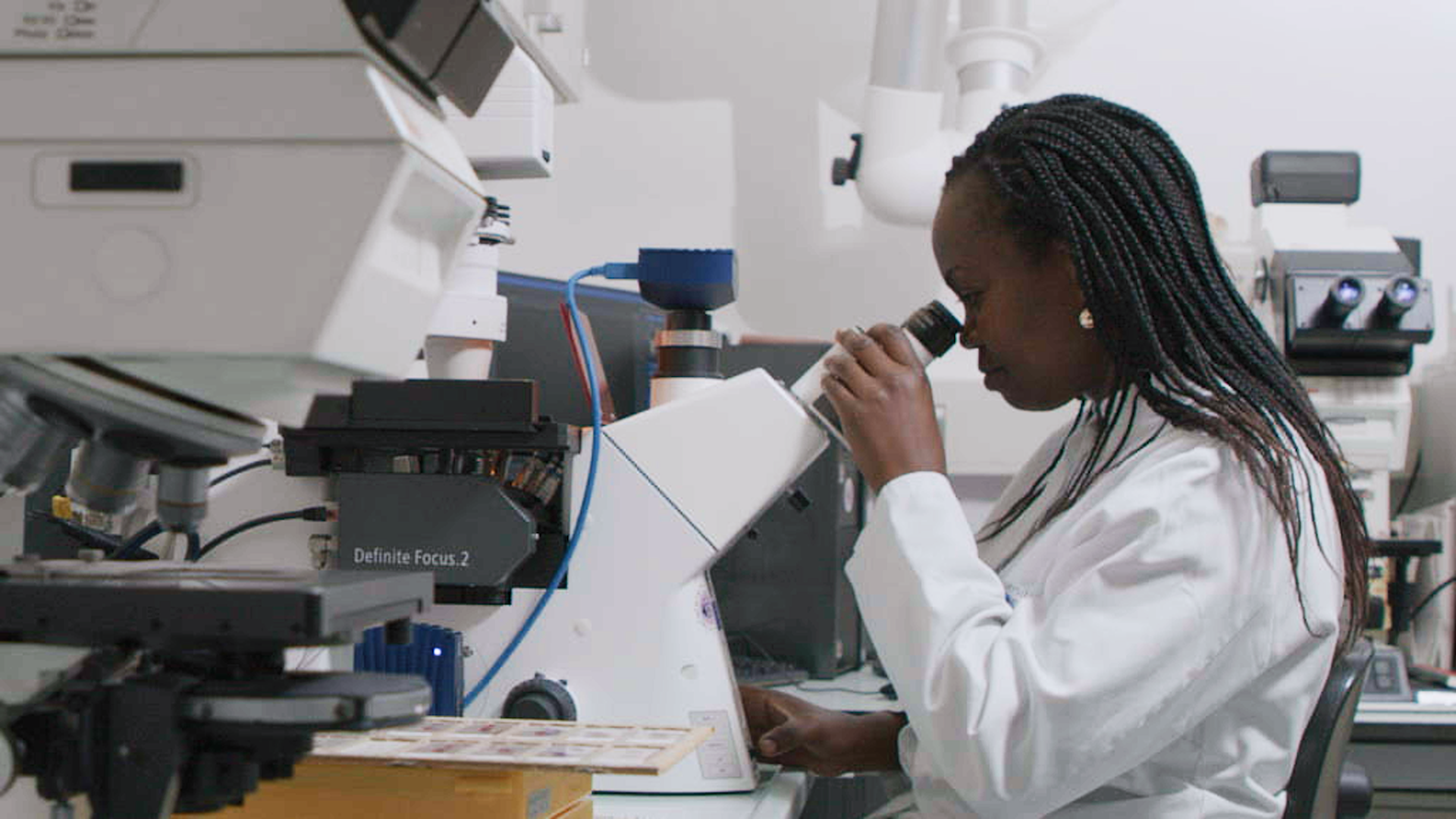Kenyan Scientists Harness AI: Testing App for Tuberculosis Diagnosis
At the Kenya Medical Research Institute, a groundbreaking initiative is underway to develop a mobile phone application utilizing artificial intelligence (AI) for the diagnosis of tuberculosis (TB) and other respiratory diseases. Dr. Videlis Nduba and his team are at the forefront of this research, recording coughs from individuals with respiratory conditions like TB and those without diseases in a specially contained quiet room.
The project aims to create software capable of differentiating between coughs associated with TB and those from other respiratory issues, leading to the development of an accurate mobile app. Coughs, natural and forced, are collected using various microphones, including a smartphone’s built-in microphone, a high-definition one, and a cost-effective version. The collected data is then sent to the University of Washington, where a computer software system called ResNet 18, based on artificial intelligence, analyzes the coughs.
Principal researcher Dr. Nduba explains that the software uses AI to analyze and regress cough spectral grams, providing a mathematical model to determine differences between coughs of individuals with TB and those without. The goal is to significantly reduce the time required for diagnosis and treatment, thus curbing the spread of TB.
Reducing the time to diagnosis is crucial, as the average period from developing TB symptoms to receiving a diagnosis and treatment can range from three months to a year. During this time, individuals in the community remain infectious, contributing to the transmission of TB. Dr. Nduba emphasizes that exposure to the software at the onset of symptoms could substantially reduce transmission.
While the trials have shown promising results, with 80% accuracy in detecting TB and 70% accuracy in ruling out TB, the World Health Organization (WHO) requires a minimum of 90% accuracy for recognizing TB infections and at least 80% accuracy for ruling out infections. Dr. Nduba is confident that the software can meet these WHO standards with further fine-tuning.
Former TB patient Johnson Munori, who participated in the research, finds the technology convenient and believes it can be instrumental in helping many individuals receive timely diagnoses and treatment.
Although the use of AI in medicine is growing, with its potential to expedite assistance, ensure real-time data, and enhance cost-effectiveness, the project is yet to receive regulatory approval. The trial has been funded by the National Institutes of Health, offering hope for a transformative approach to respiratory disease diagnosis in Kenya.


















